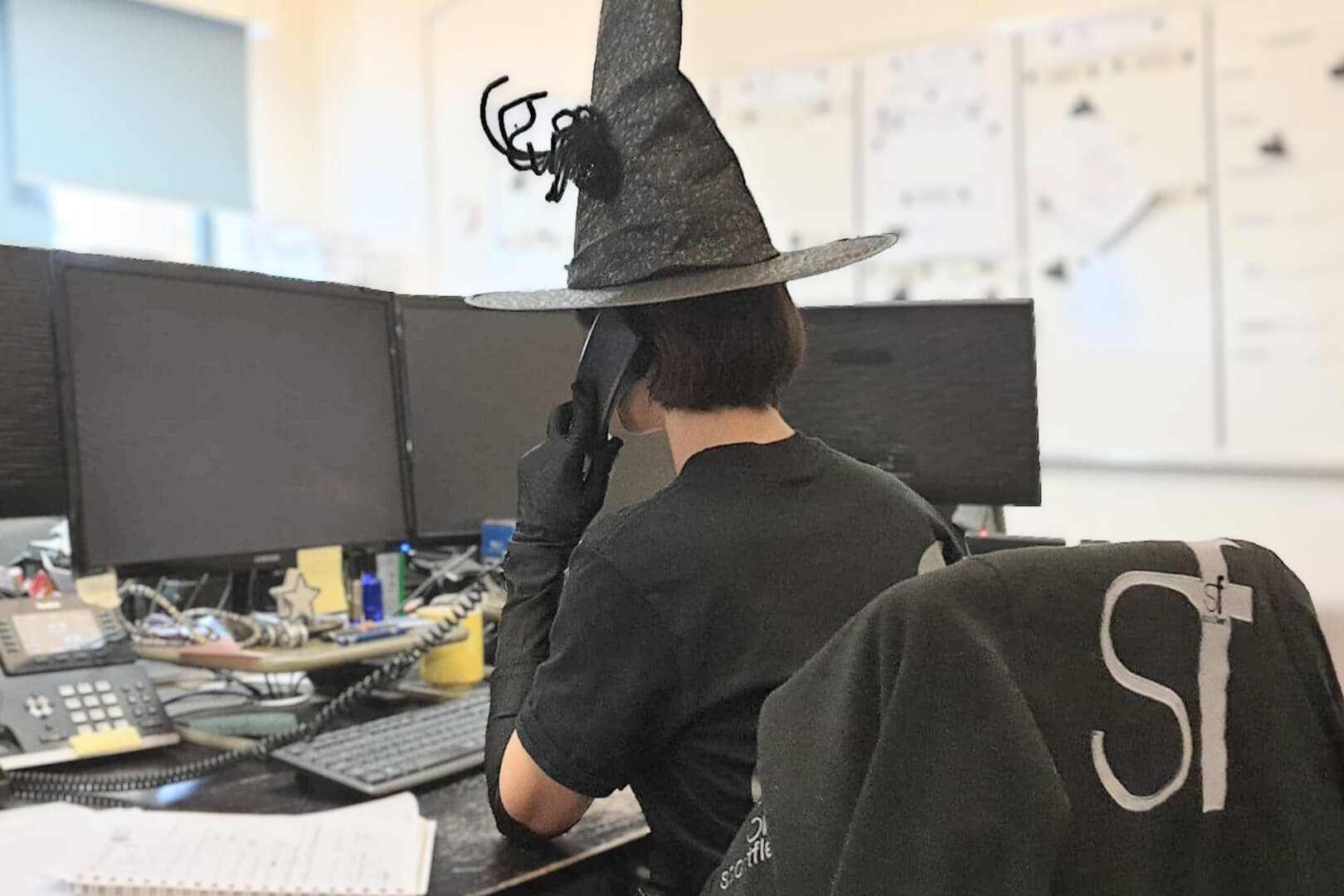How coronavirus has changed TV
How coronavirus has changed TV
The TV industry and industrial stage design has been substantially impacted by the COVID-19 pandemic. All over the world production was halted and then – as initial lockdown restrictions were eased – different ways of working had to be found to accommodate a new normal. The way people consume TV has changed too, whether that’s via streaming services or the cinema and, like every other sector, even where there have been efforts to get back to some sort of normality, a new lockdown or a confirmed COVID-19 case could still bring everything to a grinding halt once again. So, there is no doubt that coronavirus has changed TV but what does that change actually look like?
- On set filming. This was initially halted almost across the world as the number of COVID-19 cases grew. When restrictions were eased new ways of working had to be found, including limiting the number of people on set, avoiding intimate scenes and using camera angles that made characters seem closer together than they actually were. Many actors were asked to do their own make up and most sets now included a medical professional to check temperatures and any symptoms. Global industries lost huge sums – the cost of the initial lockdown to the Australian TV industry, for example, was estimated to be more than $325 million.
- Virtual film festivals. The likes of the Golden Globes, the Oscars and the Cannes Film Festival are normally a focal point in the year for anyone in the film and TV industry. The Oscars 2020 became a virtual film event while Cannes was effectively cancelled. It’s likely that the Golden Globes in January will be virtual too as short-term fixes for stopping COVID-19 transmission have yet to be found.
- An increase in the popularity of online streaming services. Especially during the months when large swathes of the world’s population was trapped inside, streaming services like Netflix saw a significant increase in demand. Netflix more than doubled its target for subscribers in the first quarter of 2020. However, many of the flagship productions – such as the next series of Stranger Things on Netflix and the Friends reunion episode on the new Warner Media streaming service HBO Max – are potentially casualties of COVID so there could increasingly be challenges for these platforms when it comes to new releases.
- Adjusting to a new normal. Many TV shows have been swift to try to adapt to a world in which too many people in one room could be dangerous. Have I Got News For You returned to screens but in a very different format – no audience, no studio but with presenter and guests all linked up via video. With cinemas closed for much of this year, many new films – such as Trolls: World Tour – premiered straight onto digital, which could be fairly standard going forward. Even shows such as the Great British Bake Off had to make changes with contestants living on site in a “bubble” while the whole series was filmed.
Coronavirus has changed the world that we live in – and significantly impacted film , TV and industrial stage design. While the future still looks uncertain the drive and innovation of people in the industry means that it will always find ways to adapt.
Still Have Questions?
Our friendly team is here to help you out.

